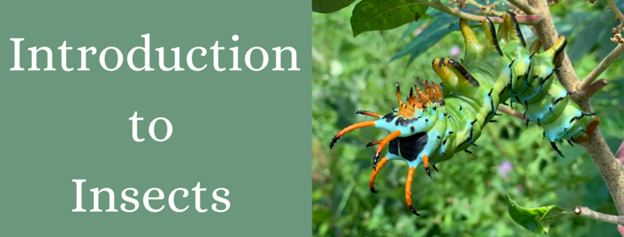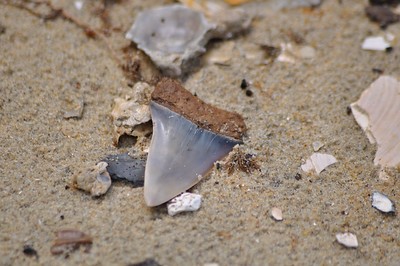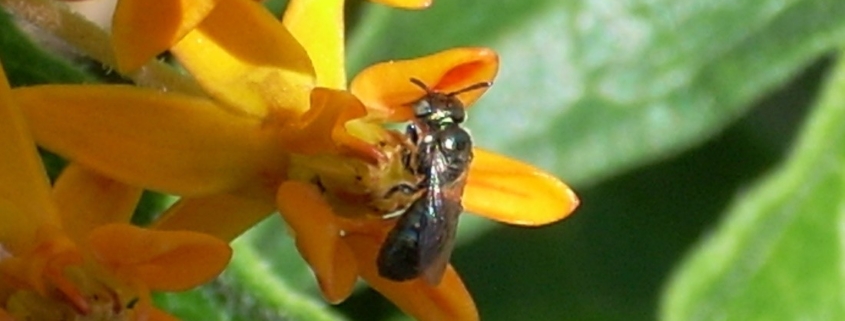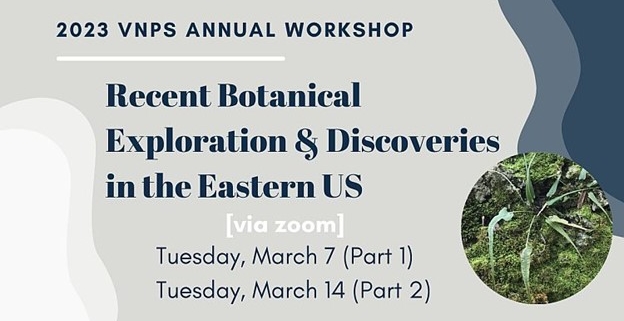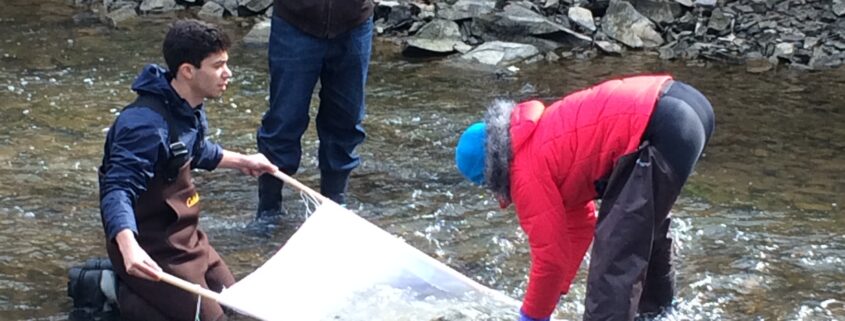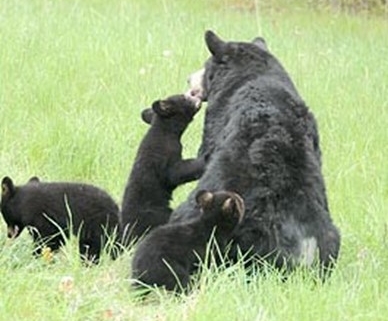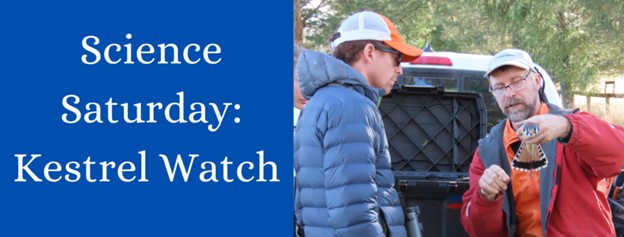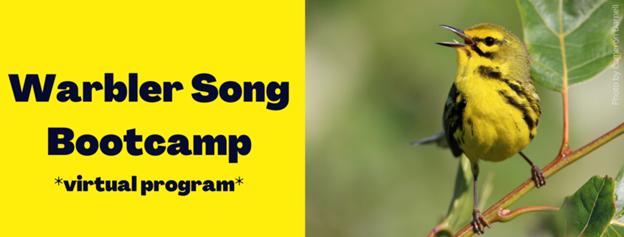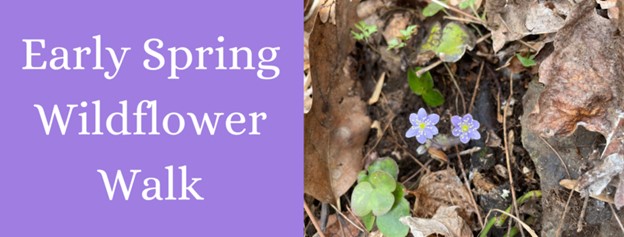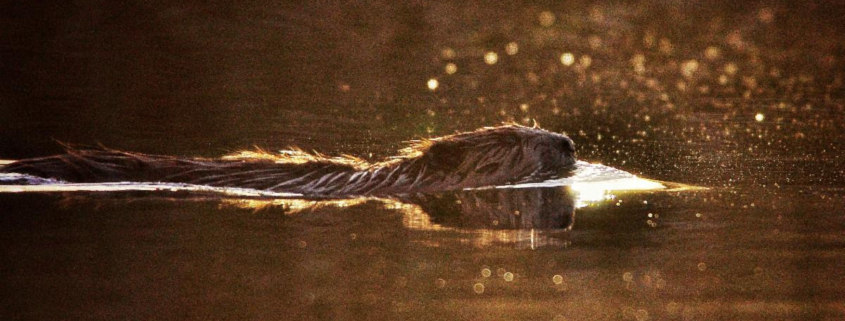Photo: Hidden Pond stream monitoring by J. Quinn
Below is a list of the stream monitoring workshops and training opportunities located throughout the county:
Accotink Creek Stream Monitoring Session
Saturday, March 11, 2023
9:30-11:30am
Lake Accotink Park Administrative Building, Springfield
Join the Friends of Accotink Creek as they monitor Accotink Creek at this long-standing monitoring site. Learn more, register, and see past results at this site here.
Pohick Creek Stream Monitoring Workshop
Saturday, March 11, 2023
1:00pm-3:30pm
Pohick Creek Stream Valley Park, Springfield
This site along Pohick Creek runs adjacent to the Cross County Trail and features a family- and pet-friendly walking trail in addition to cool stream critters. Learn more and register for this workshop and others here.
Cub Run Stream Monitoring Workshop
When: Sunday, March 19, 2023
9:30am-12:00pm
Cub Run Stream Valley Park, Centreville
This spot is known for the beautiful Virginia bluebells that bloom at our stream site each spring. We often see a lot of mayflies too! Learn more and register for this workshop and others here.
Horsepen Run Stream Monitoring Workshop
Sunday, April 9, 2023
1:00-3:30pm
Horsepen Run Stream Valley Park, Herndon
This site has faced challenges in recent years including erosion and invasive bamboo. Join the NVSWCD as we monitor Horsepen Run to assess stream health and learn about the environmental impacts on this stream. Learn more and register for this workshop and others here.
Sugarland Run Monitoring Workshop
Saturday, April 15, 2023
9:30am-12:00pm
Sugarland Run Stream Valley Park, Herndon
This stream site is known for the large number of Great Blue Herons that visit the site as well as a large number of crayfish found in our collection nets. Learn more and register for this workshop and others here.
More Training and Stream Monitoring Opportunities
PocketMacros App – macroinvertebrate ID on Android and Apple
Northern Virginia Soil and Water Conservation District (NVSWCD) is very excited to contribute their stream data to state and national datasets. If you’d like to see data from all the NVSWCD regional stream monitoring team’s active sites, you can find our organization on the Clean Water Hub.


